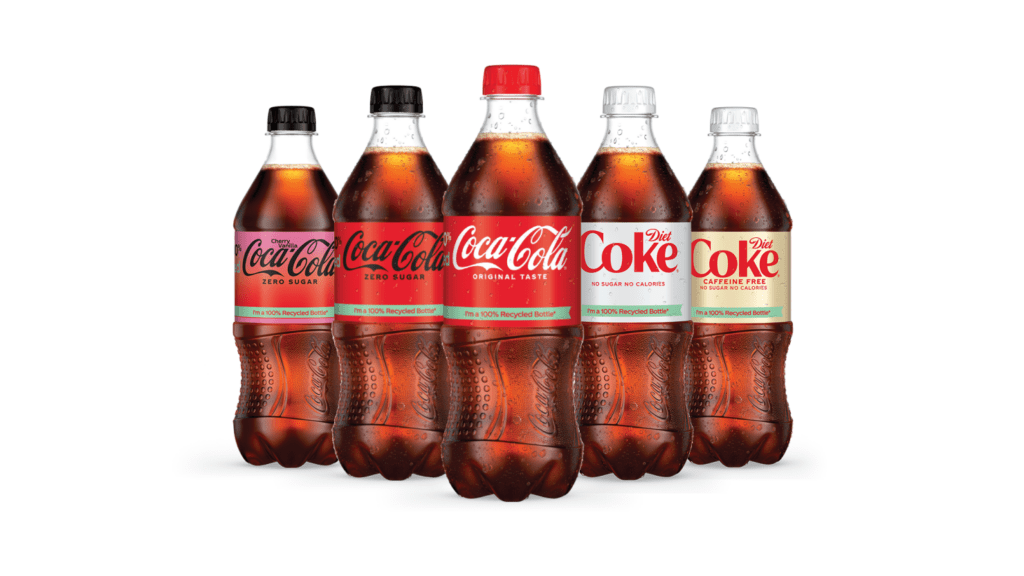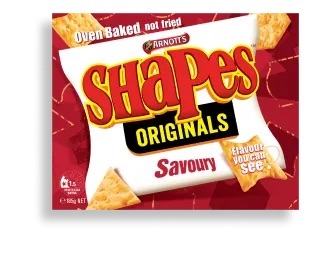Nostalgia as a Marketing Strategy: The Comfort of Familiar Brands in Times of Financial Crisis

AUTHOR

HEDIEH KARACHI
Associate Director
Brand Sentiment
To learn more about my research in Nostalgia, please get in touch.

Nostalgia, a sentimental longing for the past, is a formidable force in consumer behaviour. It creates deep emotional bonds and drives brand loyalty, making it a crucial element to consider. Take, for instance, the uproar when Coca-Cola launched New Coke in 1985. Despite extensive market research and a meticulously crafted formula, the new product was met with an overwhelming wave of consumer outrage. Loyal fans of the original formula were so vocal in their discontent that Coca-Cola had to quickly reintroduce Coca-Cola Classic, resulting in even greater sales of the original recipe before the launch of the New Coke. This incident highlights just how powerful nostalgia can be in shaping consumer preferences.

Or to take a more recent local example, think about Arnott’s Shapes, a beloved Australian snack. In 2015, the company decided to tweak the recipe to match contemporary taste preferences. However, this change sparked a wave of nostalgia-driven backlash from loyal fans who missed the original flavours. The response was so strong that Arnott’s had to reintroduce the classic Shapes to appease its devoted customers while keeping the new versions on the market.

In recent years, especially amid the global pandemic, economic instability, and rising living costs, nostalgia has become even more significant. People have increasingly sought comfort in familiar experiences and products. During the pandemic, for example, people sought solace in familiar TV shows, retro video games, and traditional recipes. The rise of virtual events celebrating past favourites and the surge in “Throwback Thursday” posts on social media reflect our desire to reconnect with cherished memories and find reassurance in familiar comforts amidst uncertainty.
These observations are aligned with my research findings (Karachi, Vocino, Rotman, 2021), which show that in uncertain times, people more strongly yearn for the past—a time perceived as less threatening and more comforting than the present. This nostalgic sense of security leads consumers to stick with familiar brands and products that feel safer and more reliable. For marketers, this presents a valuable opportunity to tap into these emotional connections. Here are key implications for leveraging nostalgia effectively:
- Revive Classic Products: Reintroducing popular products from the past can tap into consumers’ nostalgic feelings. Just as Coca-Cola brought back its classic formula and Arnott’s reintroduced the original Shapes, reviving successful past products can help reconnect with audiences.
- Highlight Brand Heritage: Emphasising a brand’s history and heritage in marketing campaigns can strengthen emotional bonds with consumers. This approach is particularly effective when people seek reassurance and comfort from brands that evoke positive memories.
- Balance Innovation with Tradition: While nostalgia can drive loyalty, maintaining relevance through innovation is also crucial. Combining new features with nostalgic elements can appeal to both new and loyal customers, balancing tradition with modernity.
- Create Nostalgic Experiences: Marketing campaigns that evoke positive past experiences can resonate deeply with consumers. Consider throwback promotions, nostalgic packaging, or events that celebrate a brand’s history to effectively engage audiences.
By leveraging nostalgia, especially during uncertain times, marketers can build strong, comforting connections with their audience, offering reassurance through familiar brands and experiences.